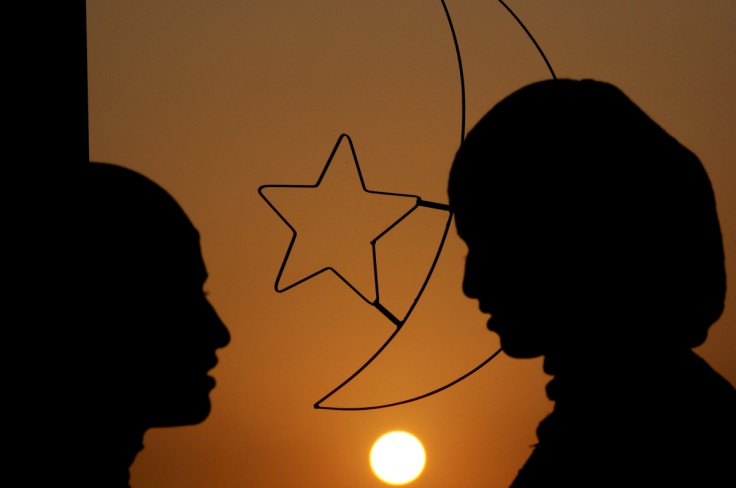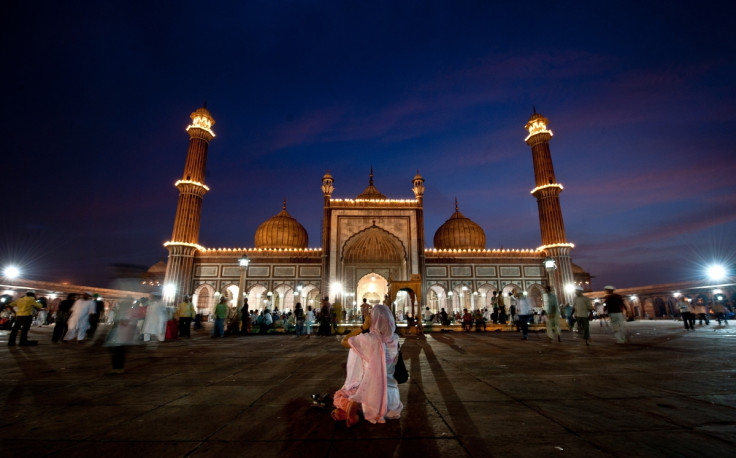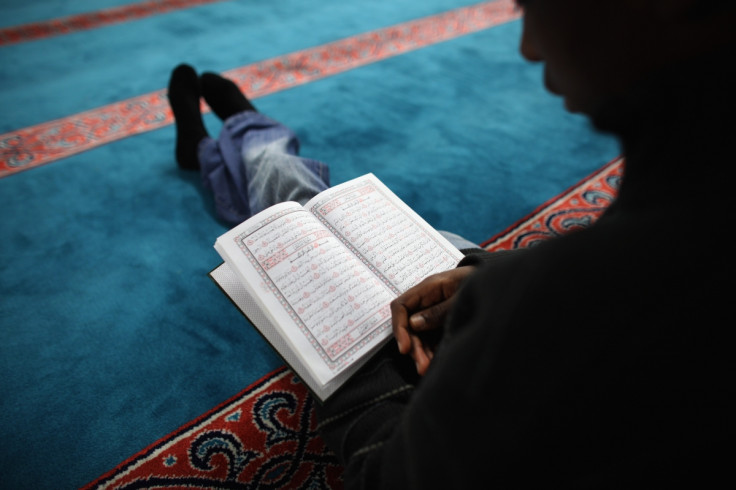Ramadan 2014: Facts, History, Dates and Rules of the Muslim Fast

This weekend marks the beginning of Ramadan, a month of fasting undertaken by Muslims during the ninth month of the Islamic calendar.
Running from sunrise to sundown each day, this year's Ramadan will begin on the evening of the 28 June in the UK, depending on the sighting of the new crescent moon, and end of the evening on 28 July.
Speaking to IBTimes UK, Sabiha Iqbal, a 23-year-old from Bradford, West Yorkshire, explained what Ramadan is and what it means to her.
"For me, Ramadan is my month of refreshment, reflection and repair. I am able to focus on my priorities in life, why I chose to be Muslim and what it means to be human," she said.
"When you're fasting, you really start to think about everything you are doing. It starts off with realising you can't just get a cup of tea, and then your day changes you think more about everything you are doing, and why you are doing it."
What is the history of Ramadan?

Ramadan means 'scorching' in Arabic, Ramadan was established as a Holy Month for Muslims after the Quran was revealed to the prophet Muhammad in 610 CE on the occasion known as Laylat al-Qadr, frequently translated as "the Night of Power".
Ramadan for Muslims was introduced in three stages. The first saw the option to fast or to not fast and feed others in need instead.
In the second stage, fasting was made a religious obligation, but if the fast was not broken at sunset, a person could not eat until the following pre-dawn meal. In the third stage, Ms Iqbal explains fasting as it is observed today.
"This was obligated through Qur'anic revelations in the Islamic month of Sha'bah, two years after the Muslims fled persecution and migrated from Makkah to the city of Madina," she added. "It was around 12 years after the first Qur'anic revelation began, and the 52<sup>nd year of Muhammad's life."
When does fasting take place?
Fasting takes place throughout the month of Ramadan, the 9<sup>th month in the Islamic lunar calendar. It begins by either the sighting of the new crescent moon or completing 30 days of the previous month Sha'ban (if the moon is not sighted).
The month ends after the new moon for the following month (Shawwal) is sighted, or after fasting for 30 days.
Those who are mature (post-puberty), healthy and resident (not in a state of travelling) fast. Those unable to voluntarily make decisions for themselves and women who are menstruating are exempt. Generally, women are not required to fast in the 40 days after giving birth and pregnant women can choose whether to fast or not.

A person who is unwell, travelling or on their menses is expected to make up their fasts when able or to feed a needy person for each day they are unable to fast.
Why fast?
Taqwa, meaning righteousness in Arabic, is the fundamental purpose of fasting. "It is not just to profess an element of faith, but to think and live according to one's relationship with God," Ms Iqbal added.
Ramadan is when Muslims focus on their purpose in life and reflect on their choices, priorities and plans.
Ramadan is used as a time to study the Quran, as well as a month of generosity and charity. Time is also of consideration, as the major acts of worship in Islam occur as specific times, such as fasting, breaking and praying.
What is fasting?
Fasting means to withhold certain things during a certain period of time with certain conditions. It is considered one of the five pillars of Islam and is considered obligatory.
"There are three levels of fasting, level one is the minimum required, while levels two and three are optional and down to the individual to strive for," Ms Iqbal explained.
Food, drink and sex is given up, while level two prohibits fighting and lying. Materialism and personal desires are eschewed for level three.
"There is a special saying we use when someone or something tries to agitate us – 'I'm fasting, I'm fasting, I'm fasting!'" Ms Iqbal said.
Ramadan ends with the celebration of Eid ul Adhaa, or Eid, where Muslims pray and take part in an additional mid-morning prayer in congregation.
"We then eat, share food and party!" Ms Iqbal added.
© Copyright IBTimes 2025. All rights reserved.



















